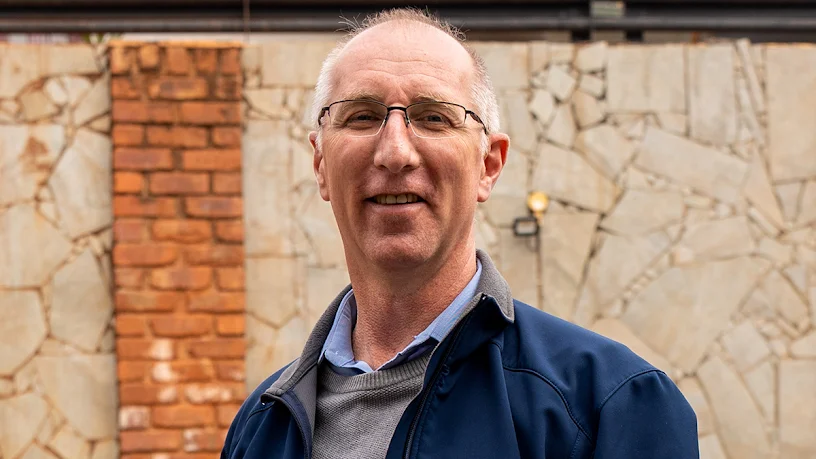There is a common perception – a misconception – among students from African countries that quality education can only be obtained at international tertiary institutions.
For many students and their families, the allure of studying abroad is closely tied to expectations of better career prospects, access to global networks, and opportunities to engage with advanced research facilities.
Names such as Harvard, Oxford, Cambridge, and Stanford are immediately recognisable and seen as gateways to success, even though studying at such institutions comes at prohibitive cost given current exchange rates.
Tuition is not the only expense associated with studying abroad. Even with scholarships, students must account for costs such as textbooks, accommodation, healthcare, and general living expenses. These factors can affect the accessibility of international study for prospective students.
Overlooked in these discussions, is that quality, accredited, and internationally recognised education is also available much closer to home.
The prestige attached to foreign institutions is partly reinforced by terminology. Institutions carrying the title “university” are often assumed to be superior.
Yet globally, some of the most respected institutions of higher learning, like Massachusetts Institute of Technology (MIT) and the California Institute of Technology (Caltech) do not use “university” in their name. The belief that only “universities” offer world-class education is outdated and misleading.
Legal distinction
In South Africa, the distinction between public universities and private higher education institutions rests largely on legal and funding frameworks. Institutions of higher learning, operating under a privately funded financial model, are restricted by law from using designations such as “university”, or “vice-chancellor” and they are also not permitted to confer honorary doctorates.
This technicality has contributed to the perception that such institutions are somehow inferior. These educational facilities are, however, fully accredited by the relevant authorities.
A growing and credible sector
South Africa has become the continent’s industrial hub, and its private higher education sector has seen significant expansion to meet the increasing demand of a changing economy. The sector is increasingly attracting significant local and international investment, underscoring confidence in its sustainability and standards.
Recent mergers, acquisitions, and philanthropic investment in the sector illustrate this momentum.

By consolidating brands, diversifying programme offerings, or converting South African schools, investors and philanthropists alike are reshaping the landscape of private higher education. These moves are expanding capacity, improving infrastructure, and making quality education accessible to a broader spectrum of students, including those from underserved communities.
One notable example, by bringing together Belgium Campus iTversity, IMM Graduate School, and Eduvos, Uxi Private Higher Education now offers a wide spectrum of qualifications, from entry-level certificates to advanced degrees in fields such as robotics. Such breadth directly addresses South Africa’s urgent need to equip young people with relevant skills in a context marked by high unemployment and poverty.
